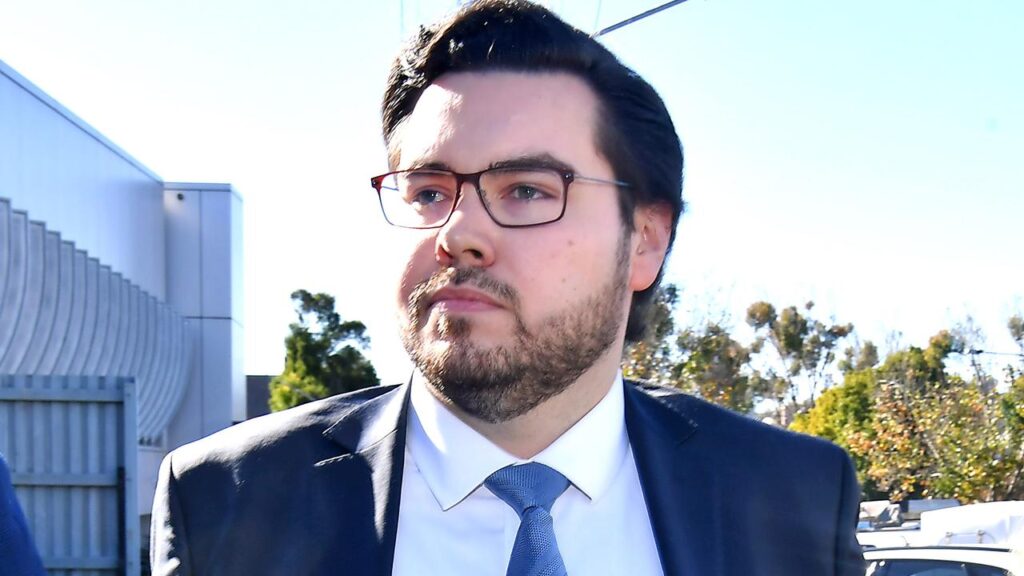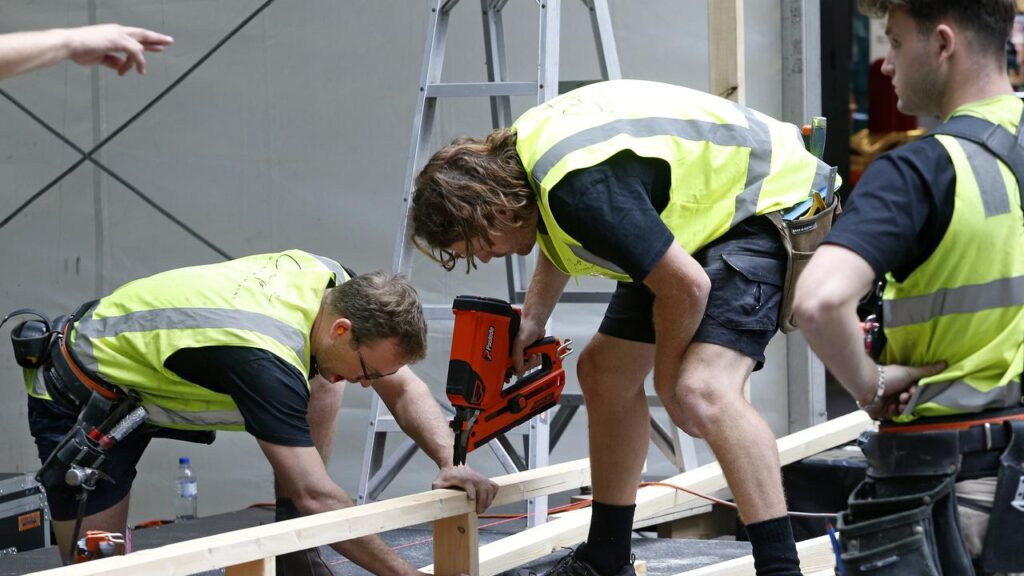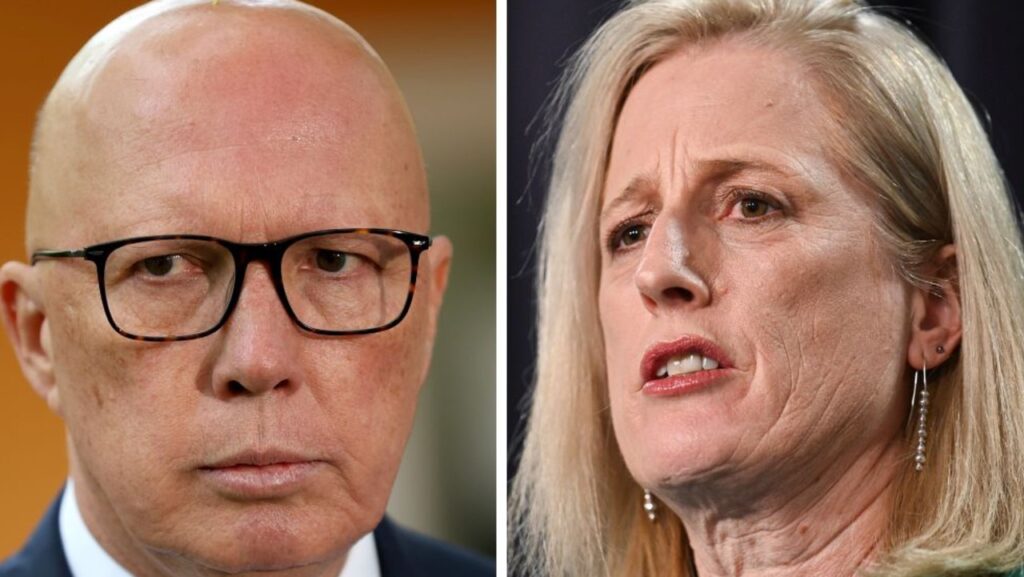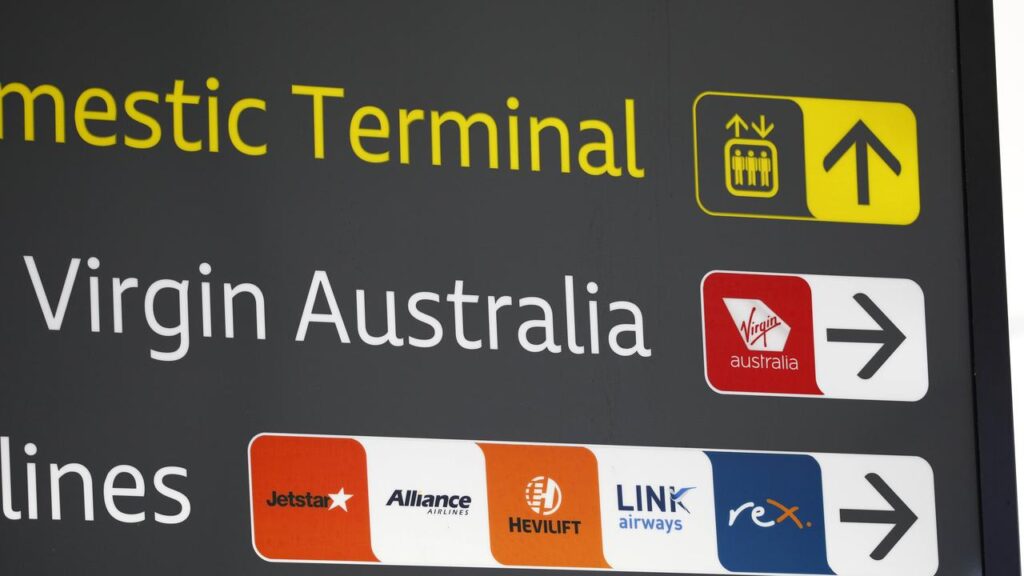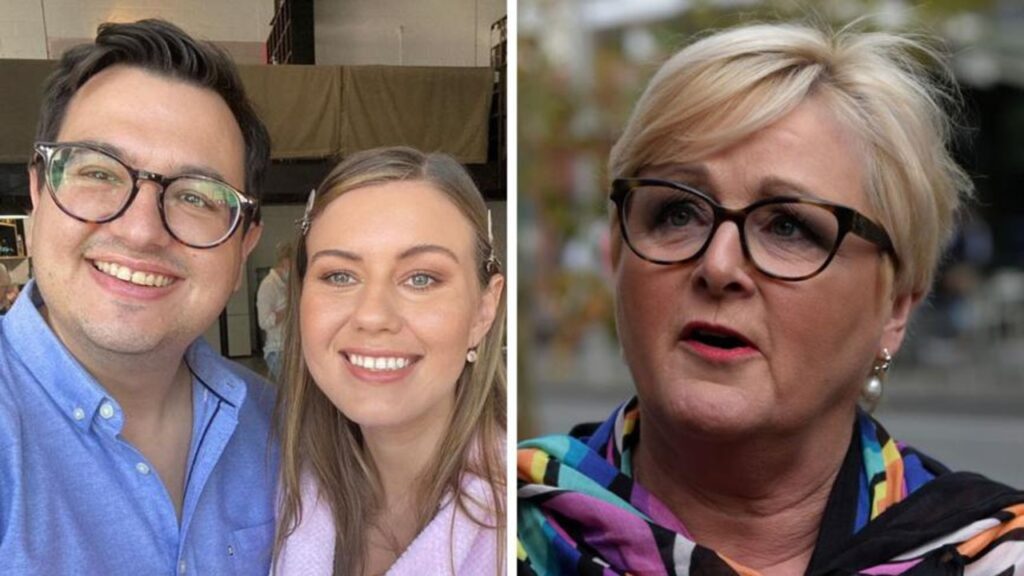Big change to Aussie parents’ super
Written by admin on August 22, 2024
Australian mums could have their superannuation topped up by the government as early as mid next year, in an effort to reduce the “motherhood penalty” on women taking time off work to have children.
The Albanese government introduced its amendment to the paid parental leave legislation on Thursday, the last day of the sitting fortnight, to allow for up to 26 weeks of paid parental leave.
The Bill would give parents with babies born or adopted on or after July 1, 2025 an extra payment as a contribution to their super funds in what the government says will boost financial security in retirement for about 180,000 Australian families each year.
As of July 1, 2024, parents have been able to access 22 weeks of paid parental leave, however the amendment aims to increase this to 26 weeks by 2026, which equals about $3000 extra in a family super account.
Payments are made as a lump sum, which includes an interest component that’s deposited in an account at the end of every financial year.
Minister for Women Katy Gallagher highlighted the “difficult decisions and financial penalties” women face “when choosing to raise a family,” referring to it as the “motherhood penalty”.
“We believe that women shouldn’t pay an additional financial penalty just because they’re taking time out to do important work,” she said.
“Paying super on that recognises that the value and importance of the time taken out of the paid workforce to care for children.”
Anthony Albanese said it was “a modern policy for modern families which delivers choice, offers security and rewards aspiration”.
“It’s another important step towards gender equality – which is good for families, good for business and good for our economy,” he said in a joint statement with senior ministers.
Social Services Minister Amanda Rishworth said the government’s initiative would also send a message to employers and encourage organisations and businesses to pay parental leave for women, who generally retire with 25 per cent less super than men.
While Ms Rishworth said it was positive that the percentage of employers paying paid parental leave had increased from 48 per cent to 60 per cent over the “last decade or so,” she said more work needed to be done to bridge the gap.
“It is not the silver bullet… but it is about closing that pay gap, and supporting shared care.

